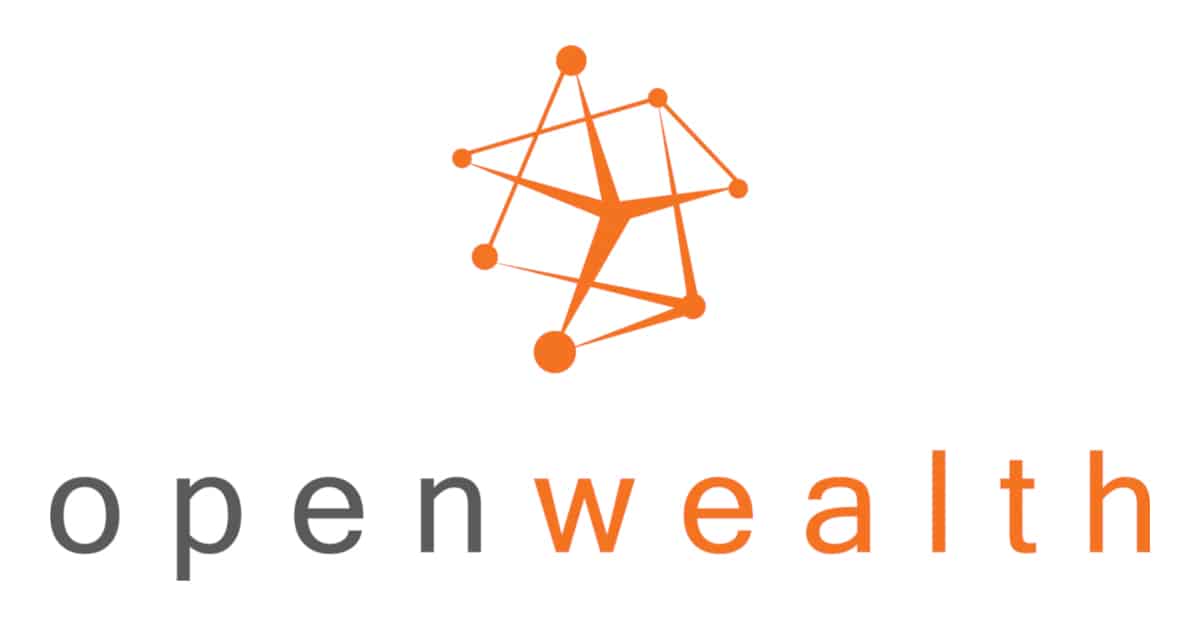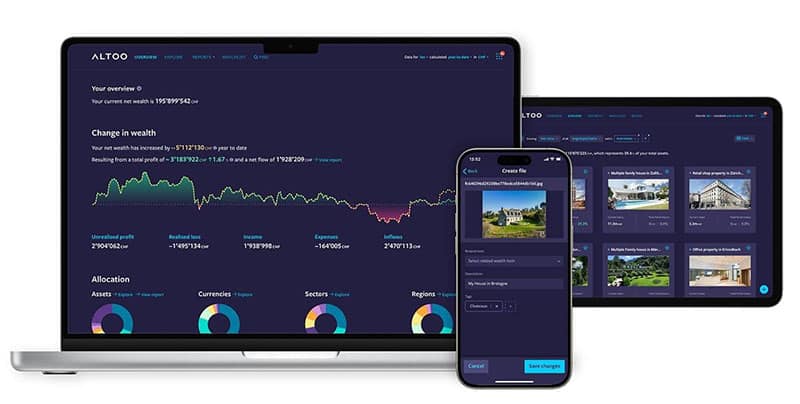Ultra-high-net-worth individuals (UHNWIs) often prefer to keep a low profile. Yet in today’s digital era, discretion alone no longer suffices. Cybercriminals now target family offices—the specialized entities managing the wealth and affairs of the world’s wealthiest families.
Cyberattacks on financial institutions are hardly rare these days, yet few entities shoulder as much risk as family offices tasked with safeguarding ultra-high-net-worth (UHNW) clients. IBM Security’s “Cost of a Data Breach” report places the global average expense of a breach at $4.45 million, noting that incursions into financial services typically run almost 10 percent higher than those in other sectors.
To boost the efficiency of the Swiss wealth management business and to strengthen Switzerland as a financial and innovation center are two main goals of the OpenWealth Association. The community of banks, wealth, and wealth managers was established in 2021 in Zurich to develop, define, maintain, and operationalize the Open API standard for the wealth management community.
If you’re using Excel spreadsheets for wealth management, you may have wondered about the value of a wealth management platform, and at what point it makes sense to investigate the options.
As a wealth manager, do your clients take your advice entirely at face value? If not, they probably have good reasons. After all, they most likely became wealthy by thinking analytically. You should not expect them to stop that analysis just because you are providing the answers. Fortunately, their difficult questions can hold immense value for both you and them. A sophisticated digital wealth platform can help you extract and unlock that value.
In today’s increasingly digitalised financial landscape, all forward-thinking wealth professionals face a shared set of challenges in consolidating, analysing, and visualising data as they monitor investments. For family officers in particular, these challenges involve three specific challenges. Here we suggest how you can successfully address them.
To keep up with constantly shifting traditional markets like real estate and equities as well as emerging asset classes like NFTs and cryptocurrencies, many family offices have recognised the importance of investing in their people’s targeted education. In this article, we list some of the best business school offerings designed to help family office executives skill up.
Projections of the value of the personal assets set to change hands during the so-called Great Wealth Transfer have risen from US $129 trillion from $72 trillion. More significantly, or perhaps alarmingly, are expectations that up to 88% of heirs to this wealth will fire or replace their parents’ financial advisors. How can you position yourself to keep serving the next generation of their clients? Read on for our top three recommendations.
Return on investment (ROI) is the profit earned on an investment divided by the cost of that investment. Although this calculation fails to directly account for the time value of money – an important consideration as some investments take longer to return profits than others – it offers a quick, useful way to estimate the future success of a given project. How can you apply this concept when evaluating potential investments into new technology? What factors should you bear in mind? Here we outline our suggestions.
As digitalisation reshapes the global economy, a trend of so-called crypto philanthropy has emerged. Involving cryptocurrencies such as Bitcoin and Ethereum, this innovative concept provides a borderless and bureaucracy-free alternative to traditional philanthropy and is poised to take on a powerful role in charitable giving.
For family offices, going paperless not only streamlines operations but also supports a more sustainable and efficient business model. Read on for our top tips on how your family office can digitalise to improve the way you manage finances and boost overall productivity.
Single and multi family offices are contending with more complexity than ever. For family officers and the families they assist, this article lays out the three main causes of this complexity and how the Altoo Wealth Platform simplifies them.
Have you ever established a family tree to find out about your great-grandparents or your great-uncles and aunts? Exploring the family system is much more than simply describing biological connections. Understanding our roots helps us understand who we are and, in some cases, where some of our wounds come from.
The need for more transparency and a growing expectation of better real-time data to drive decision-making are the main reasons to look deeper into the technology for Family Offices (FO). Meeting the demands for better reporting is essential, so the family offices can focus on activities that deliver the long-term strategy. Technology can simply improve interactions outside of the FOs helping them work more efficiently with third parties.
WealthTech is defined as any technology-enabled wealth fintech that facilitates the distribution, manufacturing, and post-trade and back-office activities across the wealth management value chain. With its growing economy and increasing wealth, Asia-Pacific is becoming an important region in global wealth management. However, the industry is still nascent, with around 40 to 45% of personal financial assets (PFA) in cash and deposits.
The Family Office (FO) sector continues to trend upward as substantive growth in both the number of establishments and the assets under management (AUM) has been recorded. The global FO market size is expected to expand at a CAGR of 7.21% during the forecast period, reaching USD 19,567.22 million by 2027. In recent years, the pressure has been on FOs to generate higher risk-adjusted returns and create operational efficiencies. Still, the primary objective was to preserve and grow family wealth. What are the key strategic shifts for FOs in 2024?
If running perfectly, the family office (FO) can be the key to protecting your wealth and leaving a legacy for future generations. In today’s rapidly evolving financial landscape, FOs must adapt to emerging trends and technologies. Moreover, FOs that look to function at their most efficient will almost always rely to some degree on outside service providers. What are the strategic decisions the FO should make in order to be successful?
We think you might like
Ultra-high-net-worth individuals (UHNWIs) often prefer to keep a low profile. Yet in today’s digital era, discretion alone no longer suffices. Cybercriminals now target family offices—the specialized entities managing the wealth and affairs of the world’s wealthiest families.
Cyberattacks on financial institutions are hardly rare these days, yet few entities shoulder as much risk as family offices tasked with safeguarding ultra-high-net-worth (UHNW) clients. IBM Security’s “Cost of a Data Breach” report places the global average expense of a breach at $4.45 million, noting that incursions into financial services typically run almost 10 percent higher than those in other sectors.
To boost the efficiency of the Swiss wealth management business and to strengthen Switzerland as a financial and innovation center are two main goals of the OpenWealth Association. The community of banks, wealth, and wealth managers was established in 2021 in Zurich to develop, define, maintain, and operationalize the Open API standard for the wealth management community.
In case you missed it
Securing diversified wealth is a never-ending process. In this process, market and economic forces are among the most widely discussed and analysed factors when it comes to future-proofing portfolios.



















